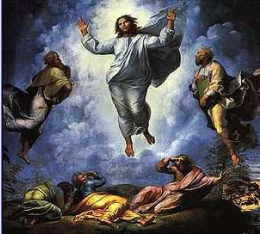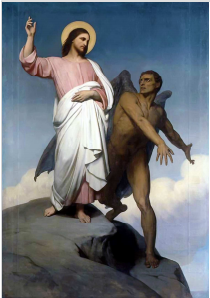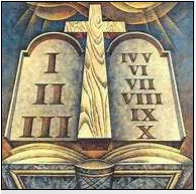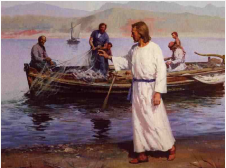FEAR
https://stmarystcatherine.org/wp-content/themes/osmosis/images/empty/thumbnail.jpg 150 150 Charlestown Catholic Collaborative Charlestown Catholic Collaborative https://stmarystcatherine.org/wp-content/themes/osmosis/images/empty/thumbnail.jpgOn summer nights, family, friends, and neighbors would all be outside siing around on porches while the kids played and ran around. The evenings moved toward darkness too quickly and my Mother would call me over telling me, as the youngest in the family, it was time for bed. That meant going into the big, empty, old dark house, climbing the stairs and finding my way along to our rooms. It was very dark and I was scared. “Are you afraid to go in by yourself?” I was asked. I couldn’t say yes for that meant an older brother or sister would be called to take me up to bed … unthinkable!
Everyone, at some point in life, is scared of the dark, literally or metaphorically. The dark means the unknown; what is ahead is unclear; one has no plan, no control. Fear grips easily and we can become paralyzed by it. To a greater or lesser degree, we all know what this experience is like. The fear, which is in the family of anxiety, could be for oneself or for others; it could be remote or proximate; it could be reasonable or not. Yet, in all cases, it is very real.
As I write these thoughts, our world is growing increasingly anxious about the corona virus (COVID-19). Every day the news amazes as we learn of the implications of the growth in the number of those infected. The situation in Italy seems dire and the city of Rome cancelled all Masses for the weeks ahead. Concerts, sports events, and assemblies of all kinds are being analyzed for safety concerns. No one knows where this is going and how it will all play out.
“Are you afraid?” I heard someone ask a friend down at the CVS yesterday. “Terrified” came the instant response. I glanced at the person and, indeed, I saw a person who looked terrified. Fear can be crippling. It can close us in on ourselves and cause us to look suspiciously at everything around us. Of course, on the one hand, fear is a very natural and healthy response, a defense against threats, needed to prepare us to respond in a way that protects and often saves us.
But there is another response to fear: to approach our realities in faith. Our faith brings us to another place, outside of ourselves. Faith embraces our relationship with God, listens to our story with God, recalls times past of God’s faithful support and mercy. Our faith can draw us to see, sense, and become aware of the larger reality. It can free us into relationships easily overlooked and bypassed through fear. Our faith can lead us to trust.
Though I’ve never counted myself, it is said that the phrase “fear not, or similarly, “do not be afraid”, is written in the Bible 365 times – one for each day. Jesus, himself, responding to the frightened father of a dying child said, “Fear is useless, what is needed is trust” (Mt. 5:36).
The crises of our time, of this moment in time, are undeniable. All reasonable precautions and care are called for, of course. At the same time, if we so choose, this is also a moment that invites us to embrace our faith in the goodness and omnipotence of God. A faith that opens us to the intimacy and care of Jesus. A faith that comforts and guides us as we lean into the genuine trust our faith offers.
My Mom whispered to me, “Don’t be afraid Jim, you will be fine — go to bed”. I went into the dark house, up the stairs, and to bed. I trusted my Mom, and she was right. Trust God.
Fr. Ronan
“We can easily forgive a child who is afraid of the dark; the real tragedy of life is when men are afraid of the light.” ― Plato
“The only thing we have to fear is fear itself.” ― Franklin D. Roosevelt, Franklin Delano Rooseveltʹs First Inaugural Address

March 15 ~ Third Sunday of Lent
We meet the Samaritan woman in today’s Gospel. Her conversation with Jesus put her on the ‘fast track’ to self-searching and repentance.
Her conversation with Jesus transformed her into a great evangelizer: “Many of the Samaritans of that town began to believe in him because of the word of the woman who testified, ‘He told me everything I have done.’ʺ This week consider how your prayer, fasting or almsgiving is transforming your life. Share what God has done for you with someone.










